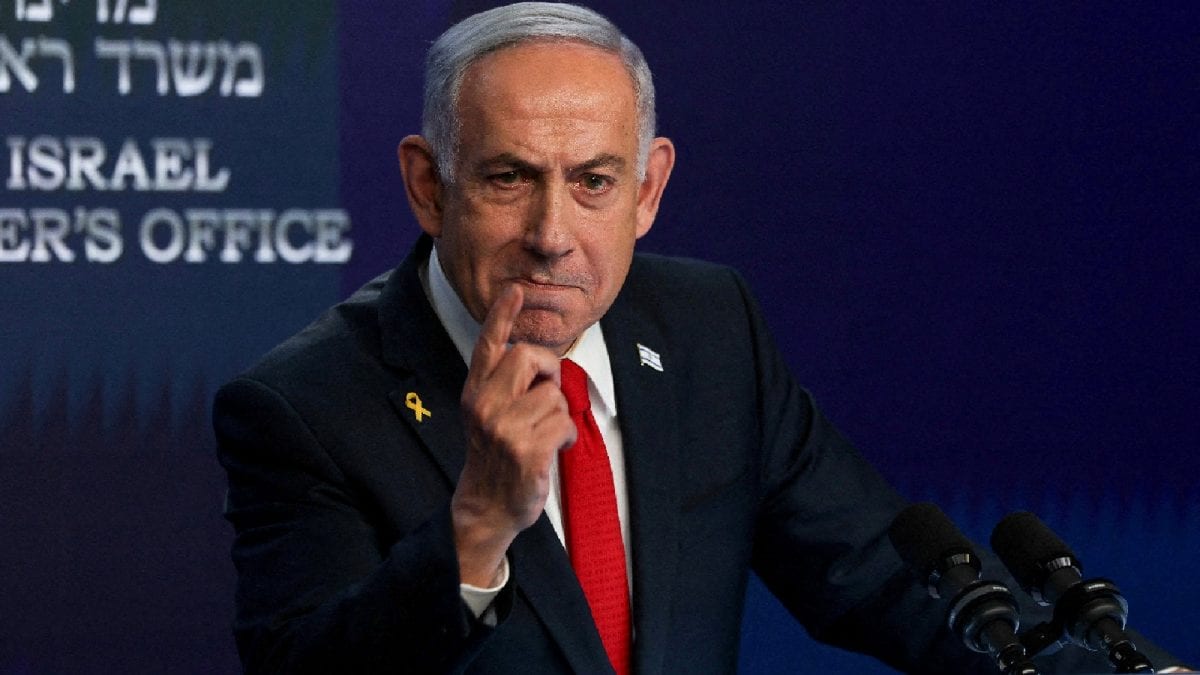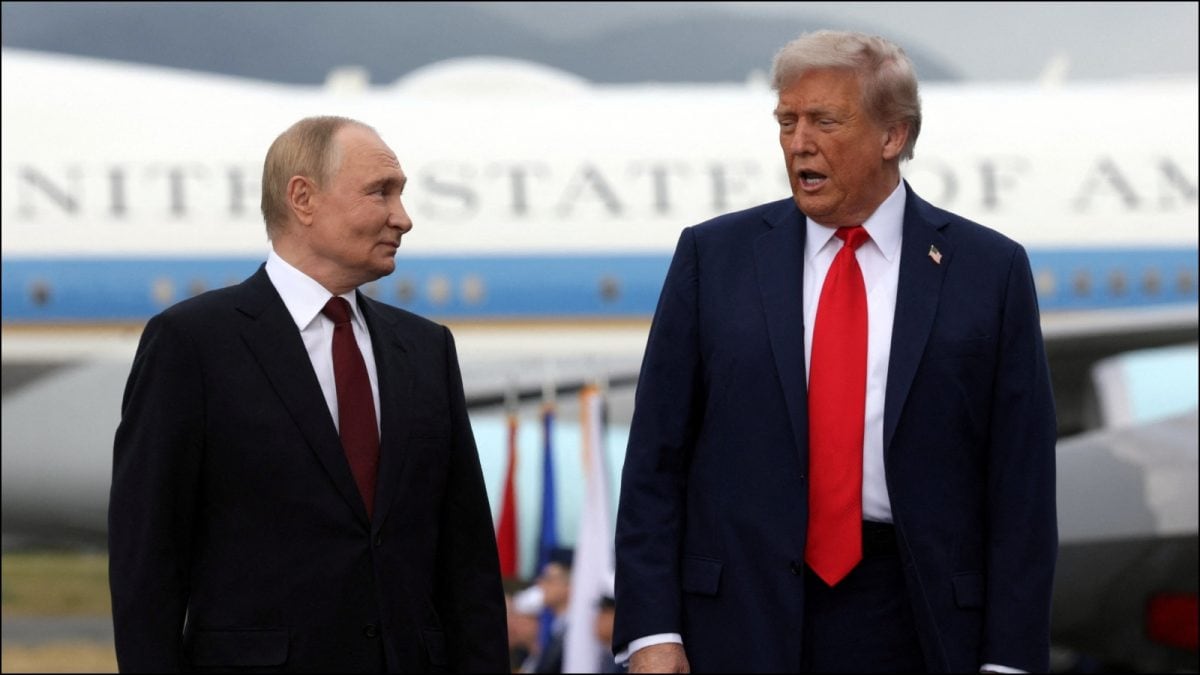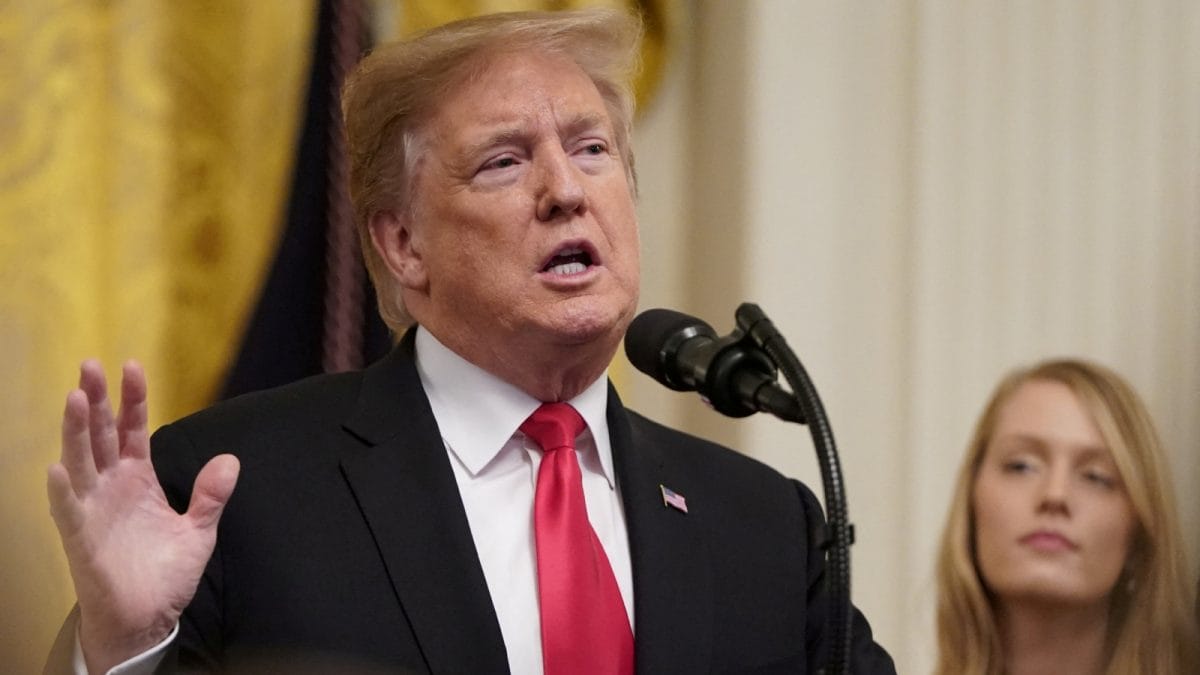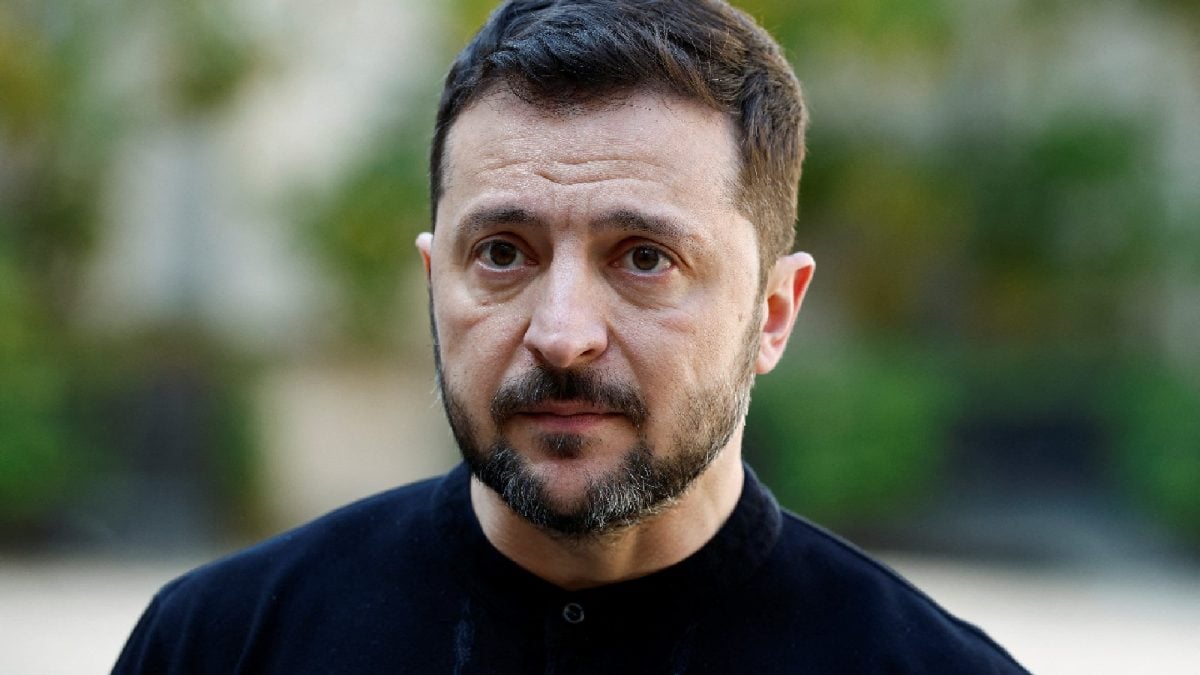Campbell and Sullivan propose a formal US-India strategic alliance built on five pillars: technology, trade, defence, intelligence, and joint action on global challenges. They argue the partnership must move beyond ad-hoc cooperation to a more durable framework.

They acknowledge India’s democratic backsliding and ties with Russia pose hurdles but argue these should not prevent progress.(Photo: Reuters)
Donald Trump’s flair for theatrics may unsettle Washington and New Delhi, but two former top US officials argue it should not derail a strategic alliance with India.
"Donald Trump’s theatrics are often the prelude to dealmaking," wrote former Deputy Secretary of State Kurt M. Campbell and ex– Security Adviser Jake Sullivan in a joint article for Foreign Affairs. The piece warns that recent tariffs, disputes over Russian oil, and renewed tensions over Pakistan have triggered "a rapid and regrettable downturn" in US-India relations.
The authors urge policymakers not to squander decades of bipartisan progress. "India has emerged over the last generation as one of the United States’ most important global partners," they said, citing India’s democratic strength, economic dynamism, and growing role in the Indo-Pacific.
Campbell and Sullivan propose a formal US-India strategic alliance built on five pillars: technology, trade, defence, intelligence, and joint action on global challenges. They argue the partnership must move beyond ad-hoc cooperation to a more durable framework.
On defence, they point to joint production and innovation as critical. The GE Aerospace deal to manufacture jet engines in India shows the promise, they said, but both nations must overcome bureaucratic inertia.
On technology, they call for agreements in AI, biotech, semiconductors, and clean energy, anchored by streamlined visas and funding to create “a common technology ecosystem.”
The authors also caution against repeating past mistakes. "Washington must refrain from hyphenating its relations with India and Pakistan," they wrote, adding that US interests in India now far outweigh those tied to Islamabad.
They acknowledge India’s democratic backsliding and ties with Russia pose hurdles but argue these should not prevent progress. "A strategic alliance is not mutually exclusive with strategic autonomy," they wrote. "Alliances are about alignment and common purpose—not about sacrificing sovereignty."
Failing to seize this moment, they warn, risks driving India closer to Beijing and Moscow. "The only thing harder than building and formalizing a deeply significant relationship with India is not having one."
- Ends
Published By:
Satyam Singh
Published On:
Sep 5, 2025
Tune In

 3 hours ago
3 hours ago



















